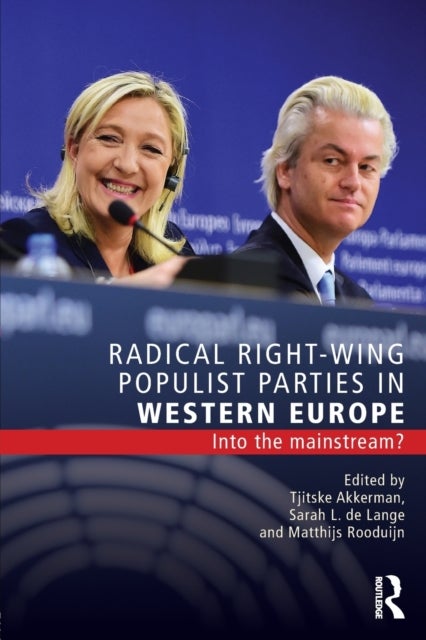
Radical Right-Wing Populist Parties in Western Europe
649,-
<P>Radical right-wing populist parties, such as Geert Wilders¿ Party for Freedom, Marine Le Pen¿s National Front or Nigel Farage¿s UKIP, are becoming increasingly influential in Western European democracies. Their electoral support is growing, their impact on policy-making is substantial, and in recent years several radical right-wing populist parties have assumed office or supported minority governments. </P><P></P><P>Are these developments the cause and/or consequence of the mainstreaming of radical right-wing populist parties? Have radical right-wing populist parties expanded their issue profiles, moderated their policy positions, toned down their anti-establishment rhetoric and shed their extreme right reputations to attract more voters and/or become coalition partners? This timely book answers these questions on the basis of both comparative research and a wide range of case studies, covering Austria, Belgium, Denmark, Finland, France, the Netherlands, Norway, Switzerland, and the








